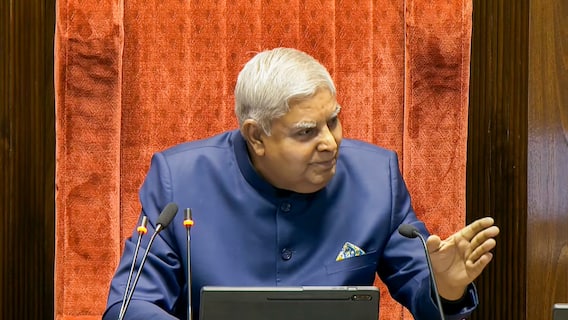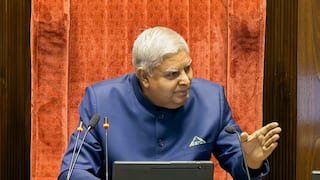Afghanistan Facing Starvation, People Sell Children And Body Parts: World Food Program
With over half of the population starving in Afghanistan, WFP chief David Beasley has yet again urged the international community to expedite aid delivery to the country.

Berlin: Expressing apprehension over the humanitarian crisis in Afghanistan, the UN Head of World Food Program (WFP) has said the people in the country have resorted to selling their children and parts of their bodies to survive.
With over half of the population starving in Afghanistan, WFP chief David Beasley has yet again urged the international community to expedite aid delivery to the country.
“Afghanistan was already one of the poorest countries in the world, with 20 years, at least, of conflict with the Taliban,” Beasley told German public state-owned international broadcaster Deutsche Welle (DW), ANI reported.
“And now what we're facing is catastrophic. The number of people that are knocking on starvation's door is 23 million people out of 40 million people,” he added.
The WFP chief, in his interview with DW, revealed a case of a woman he met in Afghanistan who had been forced to sell her daughter to another family in the hope that they could feed her better.
Calling on the world's richest to help solve the current hunger crisis, Beasley said: “During this COVID experience, the world's billionaires have made unprecedented money.”
“Over $5.2 billion [EUR4.67 billion] of net worth increase per day. All we need is one day's worth of their net worth increase to really address our short-term crises," he added.
Earlier on January 24, the Special Representatives and Special Envoys of the European Union, France, Germany, Italy, Norway, the UK and the US met in Oslo to discuss the situation in Afghanistan.
Stressing the urgent need to address the humanitarian crisis in Afghanistan, the Western envoys in a joint statement highlighted the necessary steps to help alleviate the suffering of Afghans.
Around 24 million people are experiencing acute food insecurity in Afghanistan, which is struggling with drought, a pandemic, an economic collapse and the effects of years of conflict.
Trending News
Top Headlines






































